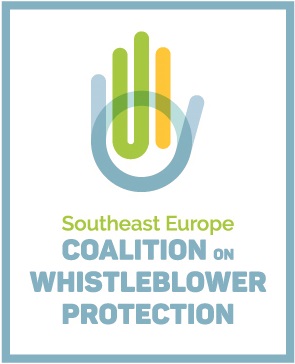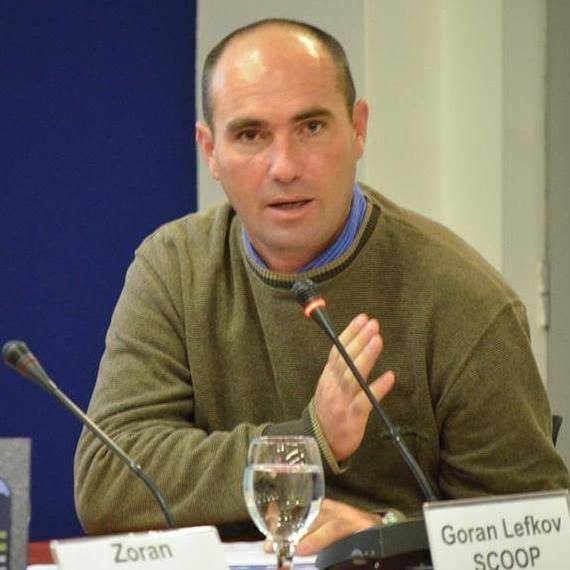Author: Goran Lefkov
October 2021 is written as the month in which a whistleblower was paid the biggest reward in the history of whistleblowing. He is an anonymous director of Deutsche Bank, who provided information to the US Commodity Futures Trading Commission (CFTC), or Commodity Exchanges Commission, about embezzling billions of dollars. The CFTC is a government agency responsible for protecting commodity markets and enforcing the Commodity Exchange Act and related regulations.
In 2015, the whistleblower provided information to the Commission on how the $ 2.5 billion fraud and embezzlement had been carried out. Characteristic of this case is that the US Commodity Exchange Commission had previously opened an investigation into the case, but due to lack of evidence could not complete it. This was a moot point for the members of the Commodity Exchange Commission, as the whistleblower initially asked for a reward for the information provided to the Commission, but the Commission turned him down because he did not qualify for it.
Later, following a complaint from the law firm Kirby McInerney, the Commission reconsidered the complaint and decided that the whistleblower was to be rewarded for the information provided which channeled the entire investigation, allowing regulators to quickly complete the investigation and effect the case.
The fine paid by Deutsche Bank at the time was $ 2.5 billion.
The British Commodity Exchanges Protection Commission was also involved in the investigation because the British subsidiary of Deutsche Bank played a central role in the Libor rigging scandal.
The Deutsche Bank case is part of perhaps the largest investigation into the history of financial markets. This investigation opened in 2008 against several large banks that manipulated the exchange rates of world currencies on world stock exchanges.
In the same investigation, the well-known American bank UBS was fined 1.5 billion euros for manipulating Libor. Deutsche Bank hoped to reach an agreement with the regulators to pay $ 2 billion and close the case, but in the end, it failed and had to give an additional $ 500 million.
It is no coincidence that such a high reward was paid to a whistleblower. However, he did not take even 10% of the value of the penalties paid by Deutsche Bank for this fraud.
Germany’s largest bank was under a lot of pressure at the time as a court ordered the dismissal of 29 managers and threatened additional punishment for violating sanctions against Iran.
The case of the Deutsche Bank whistleblower’s reward should be an example that in the future will be a motivator for future whistleblowers to go out more easily and report crime in the environments where they work.
Additionally, in the future, each country should adopt Funds that will keep money to pay whistleblowers, but also to protect them. In Balkan countries above all, whistleblowers are often fired, degraded and humiliated. These Funds should provide financial assistance to the whistleblower while he is out of work, to be able to feed his family, but also to live normally.
Additionally, after the end of the litigation, when the verdict is reached as well as the penalty to be paid by companies or individuals, institutions and other law violators, a percentage of the amount they pay as a penalty should be transferred as a reward for the whistleblower.
Thus, whistleblowers will not be tempted whether, if offered sums of money by offenders, to take it. If there is a fund for this purpose and a law saying they are entitled to a percentage, they will be more motivated to go all out in detecting law violators.





